As the National Museum Cardiff removes the portrait of Welsh military officer and slave owner, Thomas Picton, the public has polarised views on whether this is the right thing to do.
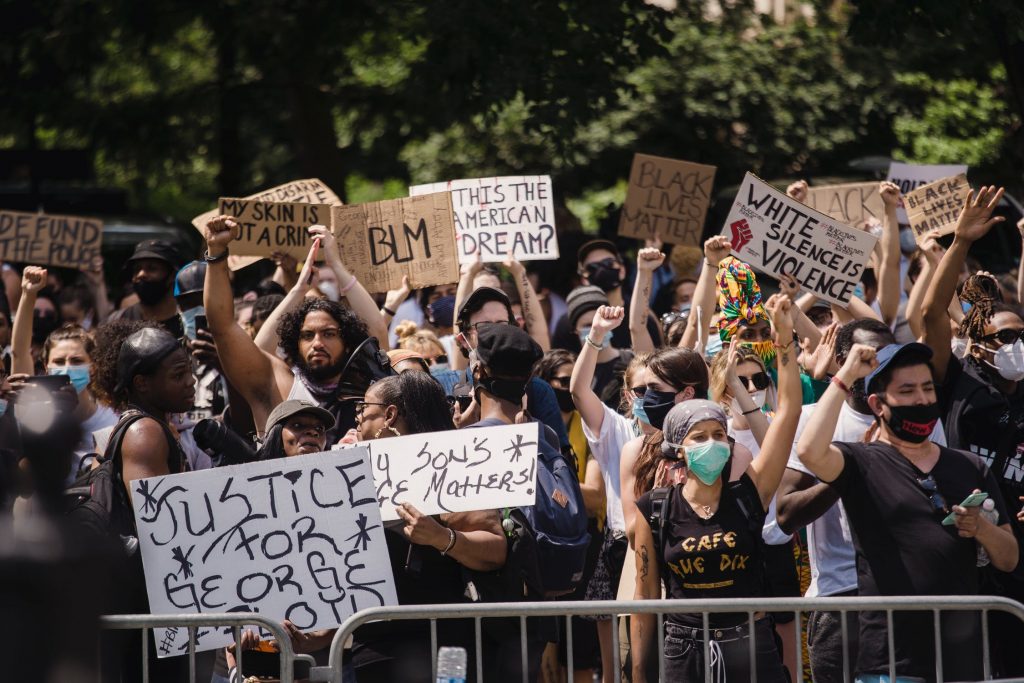
The removal of the portrait of Thomas Picton, a Welsh slave owner and war hero in the early 1800s, from Cardiff’s National Museum, has sparked debate over whether this is a censorship of British history or a symbol of racial justice.
Thomas Picton was a military officer who fought in the Napoleonic Wars. During his reign as the governor of Trinidad, he authorised slave trade and allowed the use of violence. Although he was convicted of approving the torture of a 14-year-old girl, the verdict was overturned and he was acquitted. He died at the Battle of Waterloo.
The statue of Edward Colston, an English merchant involved in slave trade, was torn down amidst the Black Lives Matter movement in Bristol in June, 2020.
Huw Edwards, Welsh journalist and presenter had stated that he felt ‘uneasy’ about the portrait of Picton being taken down as he argued that it censored history. This was met with mixed responses from people on social media. The National Museum clarified that the portrait has only been temporarily removed and would be redisplayed to include more about Picton’s history.
People in Cardiff had varied responses to tribute portraits and statues being taken down in the UK. Here are some of their opinions.
Evan Roberts, 34, works for the Royal Mail, Cardiff
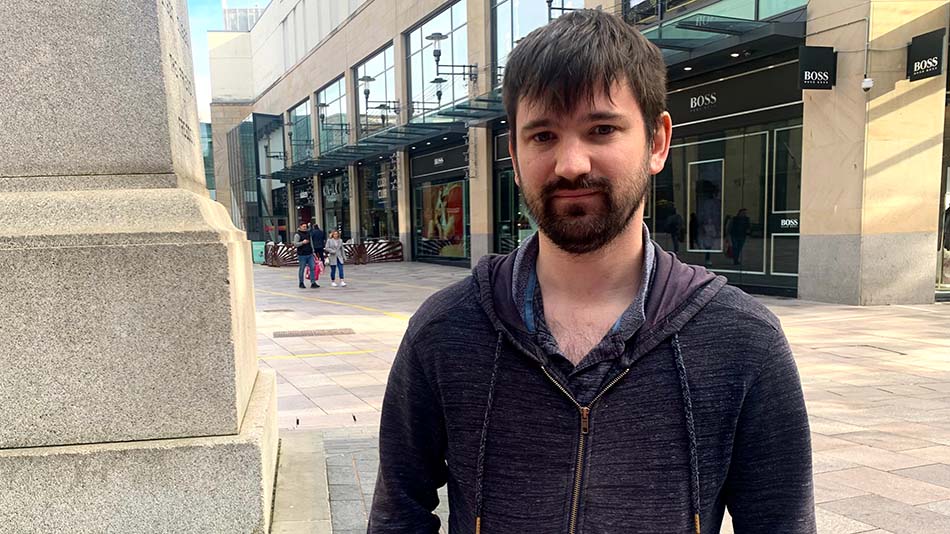
“It is outrageous that slave traders were ever celebrated in the first place. There is anger that has led to them being taken down. I defend the protests and the people that have carried them out. In fact, my mum was part of the protests to take down the statues in the country. I certainly wouldn’t be against voters taking it down.”
Gemma McCarthy, 23, works at a café, Cardiff

“When it comes to history, it should be left, as is history. Taking something down is not going to change history but it can encourage people to actually learn from it. I think they should leave the portrait up and just teach people about history so you can move forward and not repeat the same mistake.”
Poppy, 18, student, Devon
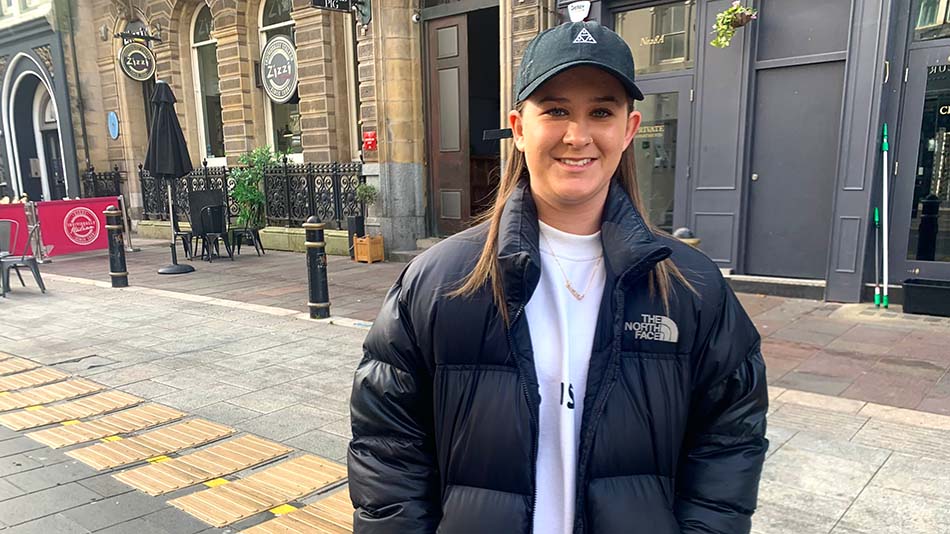
“I feel quite positive that it’s been taken down. Some people might feel proud of the fact that he was a war hero but if he was a slave trader, it’s probably best that the portrait is not there.”
Satya Kishore Joga, 45, psychiatrist, Chepstow
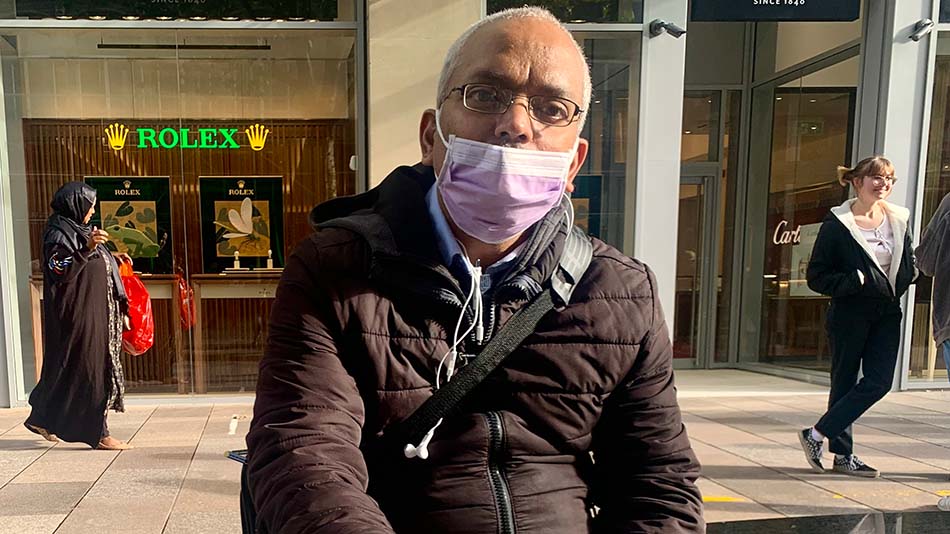
“In the 21st century, it is important to question history. Tributes to slave traders give a false reputation of Britain in the 1800s. Slave trading practices are against human rights and I fully support the removal of the portrait of Picton at the National Museum.”
Paul Bidois, 27, civil servant for the UK government
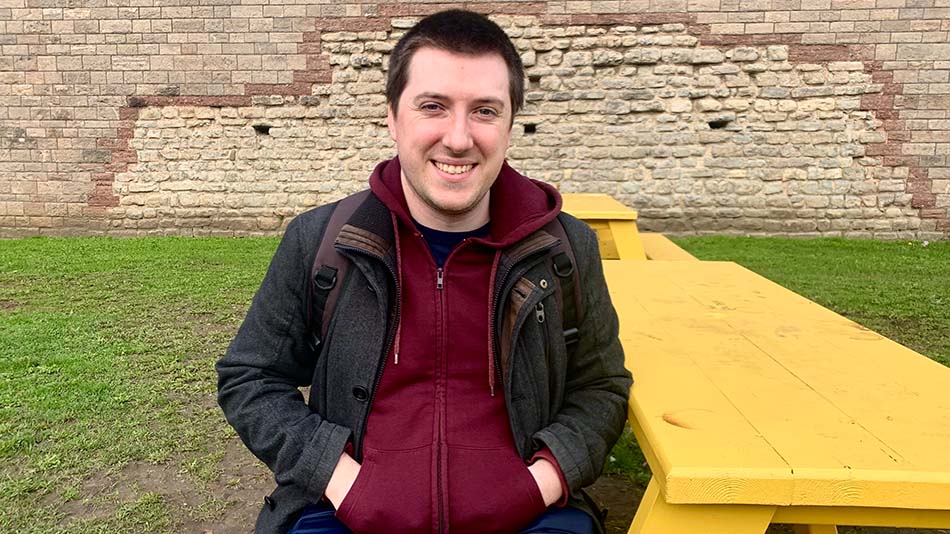
“These people gathered their riches from what are now illegal means although at the time they weren’t illegal. I don’t agree that they should be taken down permanently. Maybe all of these should be put in a separate museum so that the public can be educated as to why these statues were built in the first place and why it’s important that they are no longer shown to the public.”
Raghad, 19, student, Cardiff
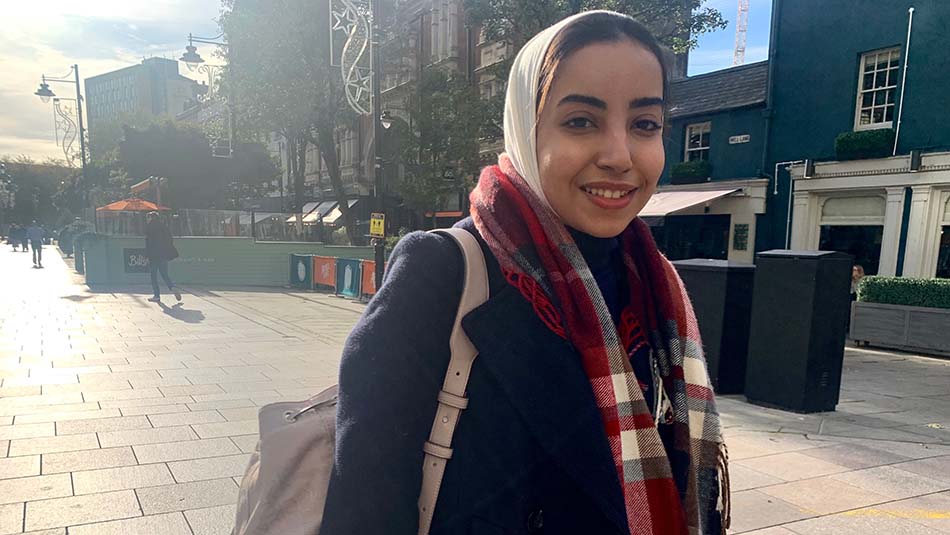
“Taking down portraits and statues without permission is unethical. If protesters are permitted to take down the tributes legally, I’m with them.”
